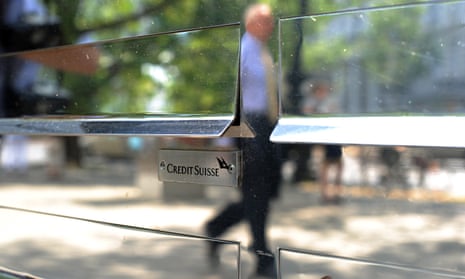Germany’s reputation for relatively low social inequality may be largely due to the fact that the country’s super rich have become adapt at squirrelling away their wealth, a new study suggests.
The study by the centre-left Heinrich Böckler foundation argues that wealth inequality in Germany is likely to be considerably higher than previously thought. It shows that the richest 10% in the country own assets amounting to 1.4m euros on average, 80 times more than the annual income of the median German household.
Earlier this year, the German Economic Institute (DIW) had released a study indicating that contrary to common conceptions, Germany had the most unequal distribution of wealth in the eurozone. But while German wealth inequality was high, the study concluded, it was also relatively constant. Crucially, the new study claims that the wealth gap is actually widening.
Researchers attribute the lack of data on the wealth of Germany’s super rich to the abolition of the wealth tax in 1996. “Financial institutions have lost the overview over how much the super rich actually own,” Thomas Theobald, one of the authors of the report, told the Guardian. The report says that even a 0% wealth tax would help because it would enable real wealth distribution to be recorded.
The report’s authors don’t go as far as claiming that wealth inequality in Germany is higher than in the US or the UK. Rather, they say, the increasing divergence between rich and poor that can be seen across the globe “is expressed differently in different countries”.
While rising company profits in the US and the UK have resulted in higher payouts for top managers and executives, for example, since the turn of the millennium German companies have increasingly retained their corporate earnings. Since these profits aren’t subject to income tax, they have remained statistically invisible, obscuring the wider picture of wealth inequality.




Comments (…)
Sign in or create your Guardian account to join the discussion